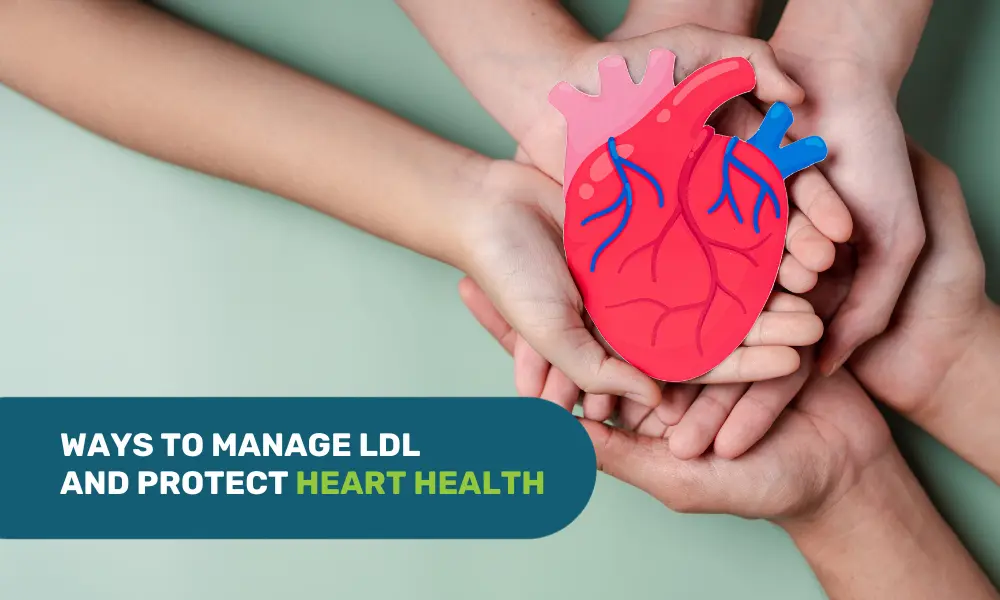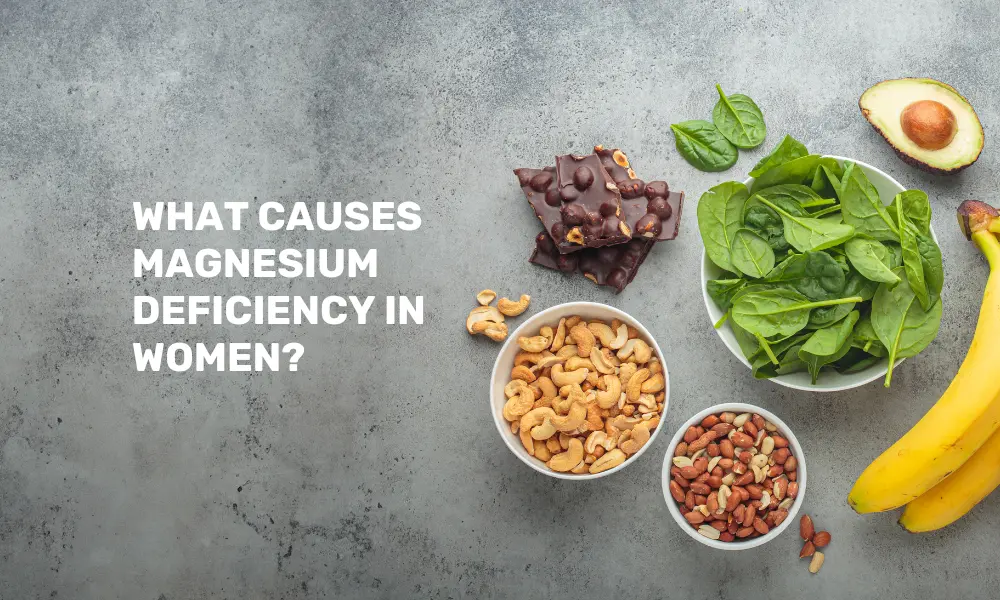Amidst our hectic lifestyle patterns and stressful schedules, maintaining a nutritionally balanced diet has become increasingly daunting.
Unfortunately, this has led to numerous health issues, particularly hormonal imbalances in women. A poor diet can trigger complications such as hair loss, acne, fatigue, and ailments such as PCOS/PCOD. Moreover, hormonal imbalances also contribute to the onset of conditions such as diabetes, obesity, and related ailments. Nutrition plays a critical role in our overall health and well-being. It substantially impacts hormonal balance in women and should not be underestimated.
Hormones are crucial chemical messengers that govern various physiological processes, including the menstrual cycle, mood regulation, fertility, and bone health. By understanding the intricate relationship between women’s nutrition and hormonal balance, one can make informed dietary choices that optimize hormonal health and enhance overall vitality.
Nutrition’s Influence on Hormonal Levels
Various nutrition intake patterns, ranging from fasting to excessive calorie consumption, have been found to affect the levels of specific hormones in the body. Foods with a higher glycaemic load can also impact hormone circulation. For example, the regulation of thyroid hormones is influenced by the body’s state, whether well-fed or starved.
Adequate intake and availability of essential nutrients like selenium, iodine, and iron contribute to maintaining healthy levels and optimal functioning of thyroid hormones.
Another hormone, cortisol, plays a vital role in regulating numerous bodily processes. While cortisol stimulates appetite, extremes in nutrition intake, such as overeating or starvation, as well as specific nutrients like fish oil, can influence cortisol production and secretion.
Dietary Strategies for Hormonal Balance
Include protein and fiber-dense food: One must include protein and fiber in the diet to maintain energy and reduce the chance of binge eating. Adding more protein and fiber to a diet would help one maintain weight and stay active.
Replace processed carbohydrates with whole foods: Insulin is a crucial hormone responsible for regulating blood sugar levels. Insulin resistance, often caused by factors like age, excess weight, genetics, and a diet rich in processed foods, can disrupt this balance. When cells become resistant to insulin, blood sugar cannot enter them properly, leading to elevated blood sugar levels. Incorporating natural foods, such as vegetables, fruits, beans, and lentils, in place of processed carbs like snacks, savories, white bread, and sweets can help prevent or slow down the development of diabetes and mitigate the effects of insulin resistance.
Increase consumption of phytoestrogens: Oestrogen and progesterone are crucial female hormones that undergo fluctuations during menopause. These hormonal changes can affect weight and lead to symptoms such as night sweats and mood swings. While dietary consumption cannot replace estrogen, foods high in phytoestrogens, such as flaxseed, soy, aloe vera, and dill seeds, can help relieve menopause symptoms.
Fill up on healthy fats: Leptin and ghrelin are hormones involved in appetite regulation. Leptin suppresses appetite, while ghrelin stimulates it. Individuals who are overweight or obese often develop leptin resistance, leading to reduced levels of this hormone and subsequent overeating. One must include foods high in healthy fats, such as fish, walnuts, nuts, seeds, and olive oil, or even supplement Omega fatty acids to help maintain optimal leptin and ghrelin levels and induce satiety. Further, it is advised to take supplements under doctor’s advice only.
Get enough iodine: Thyroid hormones play a vital role in regulating metabolism. Imbalances in these hormones can contribute to weight gain, fatigue, and reduced muscle mass. Iodine-rich foods, including fish, seaweed, iodized salt, and eggs, can help with thyroid function and hormone balance.
Initiate supplementation to bridge nutrient gaps: Supplementation addresses nutritional deficiencies and ensures optimal health. Despite following a healthy and balanced diet, women can still experience gaps in their nutrient intake. They regulate optimal nutrient absorption and ensure consistent nutritional elements, thereby preventing deficiencies. However, it is advised to take supplements under doctor’s advice only.
In conclusion, the relationship between nutrition and hormonal balance is complex, involving direct and indirect effects on hormone levels and sensitivity. It is vital to comprehend these connections to tailor individualized strategies for restoring hormonal balance and addressing dysfunctions. By delving into the intricate interplay between nutrition and hormones, it becomes possible to design specific interventions that promote optimal hormonal health in women.





